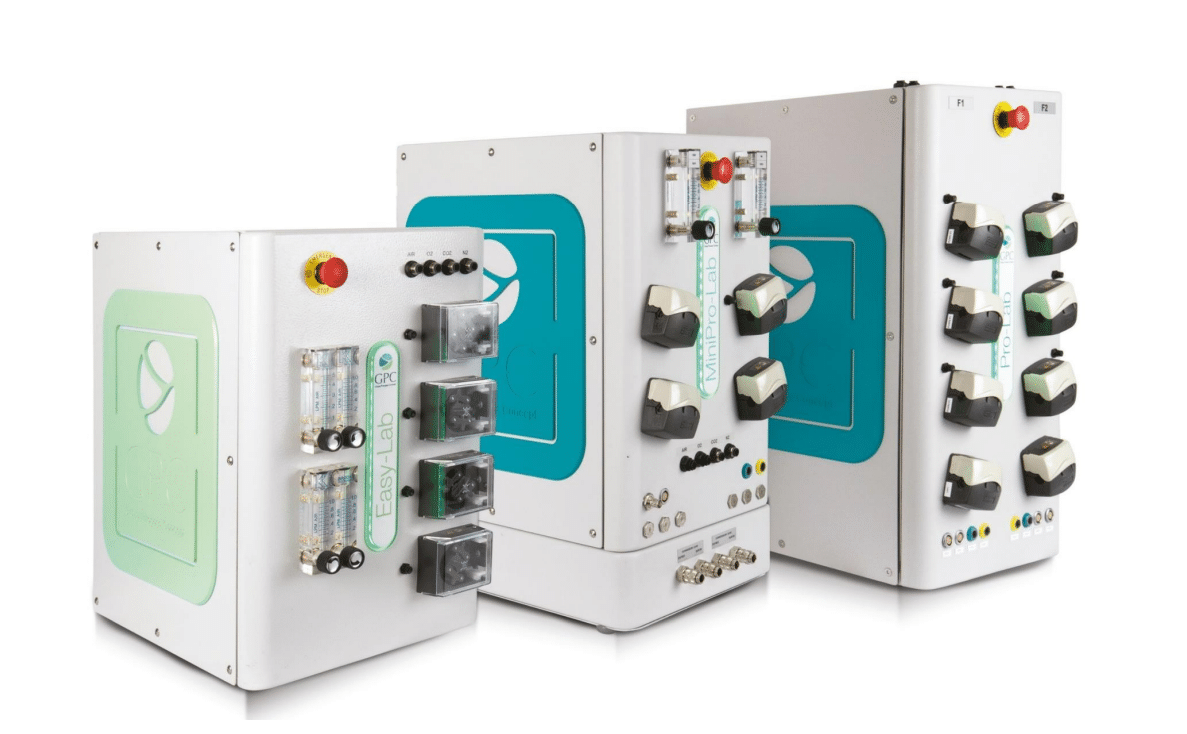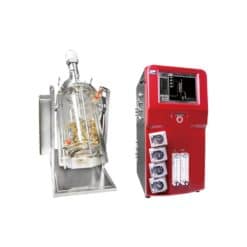No products in the cart.
New Laboratory Equipment, Laboratory Equipment, Fermentation
Why Benchtop Fermentation is Essential for Lab R&D
Introduction
Fermentation is a vital process in many fields of research and development, including microbiology, biochemistry, biotechnology, and pharmaceuticals. It involves the controlled growth of microorganisms or cells under optimized conditions to produce desired products or study metabolic processes. While large-scale industrial fermentation is common, benchtop fermentation offers significant advantages for laboratory research and development (R&D) activities. In this blog post, we will explore why benchtop fermentation is essential for lab R&D and the benefits it provides to researchers.
Schedule a free consultation to learn more- Flexibility in Experimental Design: Benchtop fermentation systems allow researchers to design and conduct experiments on a smaller scale. They allow for easy manipulation of process parameters such as temperature, pH, aeration, and nutrient supply, enabling scientists to optimize growth conditions for specific microorganisms or cell cultures. This flexibility facilitates the exploration of various fermentation strategies, including batch, fed-batch, and continuous cultures, to understand microbial growth dynamics and product formation.
- Cost-Effective Research Platform: Large-scale fermenters can be costly to operate and maintain. Benchtop fermentation systems offer a more cost-effective solution for initial proof-of-concept studies, process optimization, and small-scale production. They require fewer resources, such as media, culture volumes, and energy consumption, making them ideal for laboratories with limited budgets. Benchtop fermenters also reduce the risks associated with scaling up processes too quickly, allowing researchers to evaluate fermentation performance and make informed decisions before moving to larger-scale production.
- Accelerated Process Development: Benchtop fermentation systems enable researchers to perform parallel experiments, saving time and accelerating process development. By running multiple cultures simultaneously, scientists can evaluate different strains, media compositions, or process conditions, comparing their effects on product yield, productivity, and purity. The ability to conduct rapid iterations and optimization studies at the benchtop level speeds up the development of fermentation processes and enhances the overall efficiency of R&D efforts.
- Reduced Footprint and Improved Safety: Laboratories often face space limitations, and benchtop fermentation systems offer a compact footprint that fits seamlessly into the lab environment. They require minimal infrastructure and can be easily integrated with other analytical or monitoring equipment. Moreover, working with smaller volumes of microbial cultures enhances safety, reducing the risks of handling large-scale fermenters. Researchers can closely monitor and control the fermentation process, minimizing the potential for contamination and ensuring a safer working environment.
Conclusion
Benchtop fermentation is a critical tool for laboratory R&D, providing researchers with the flexibility, cost-effectiveness, and accelerated process development necessary for success. Using benchtop fermentation systems, scientists can optimize growth conditions, evaluate different strategies, and conduct parallel experiments in a controlled and safe environment.
At GMI, we understand the importance of reliable and efficient benchtop fermentation systems for laboratory R&D. We offer a range of fermentation systems from reputable manufacturers.









